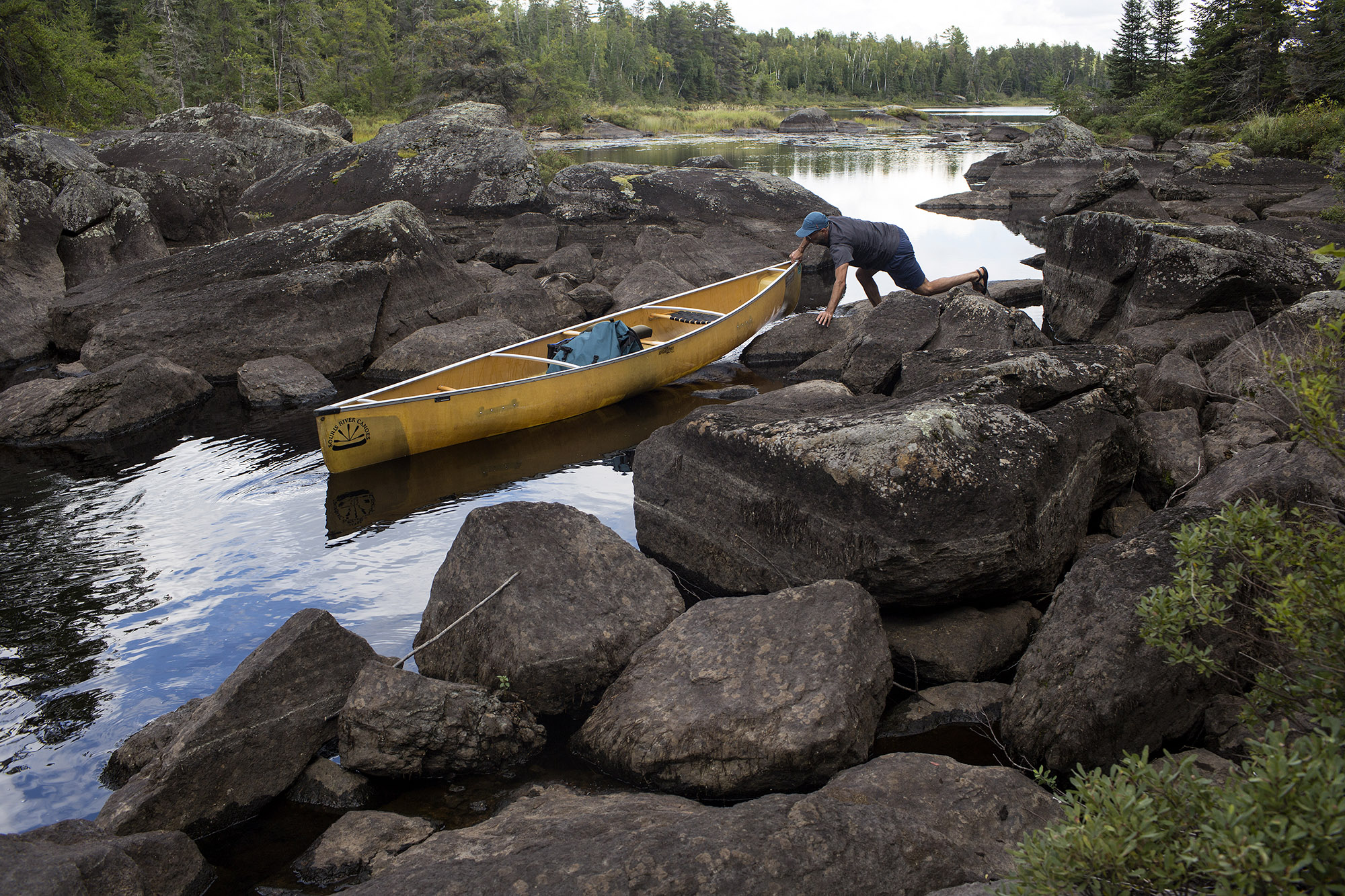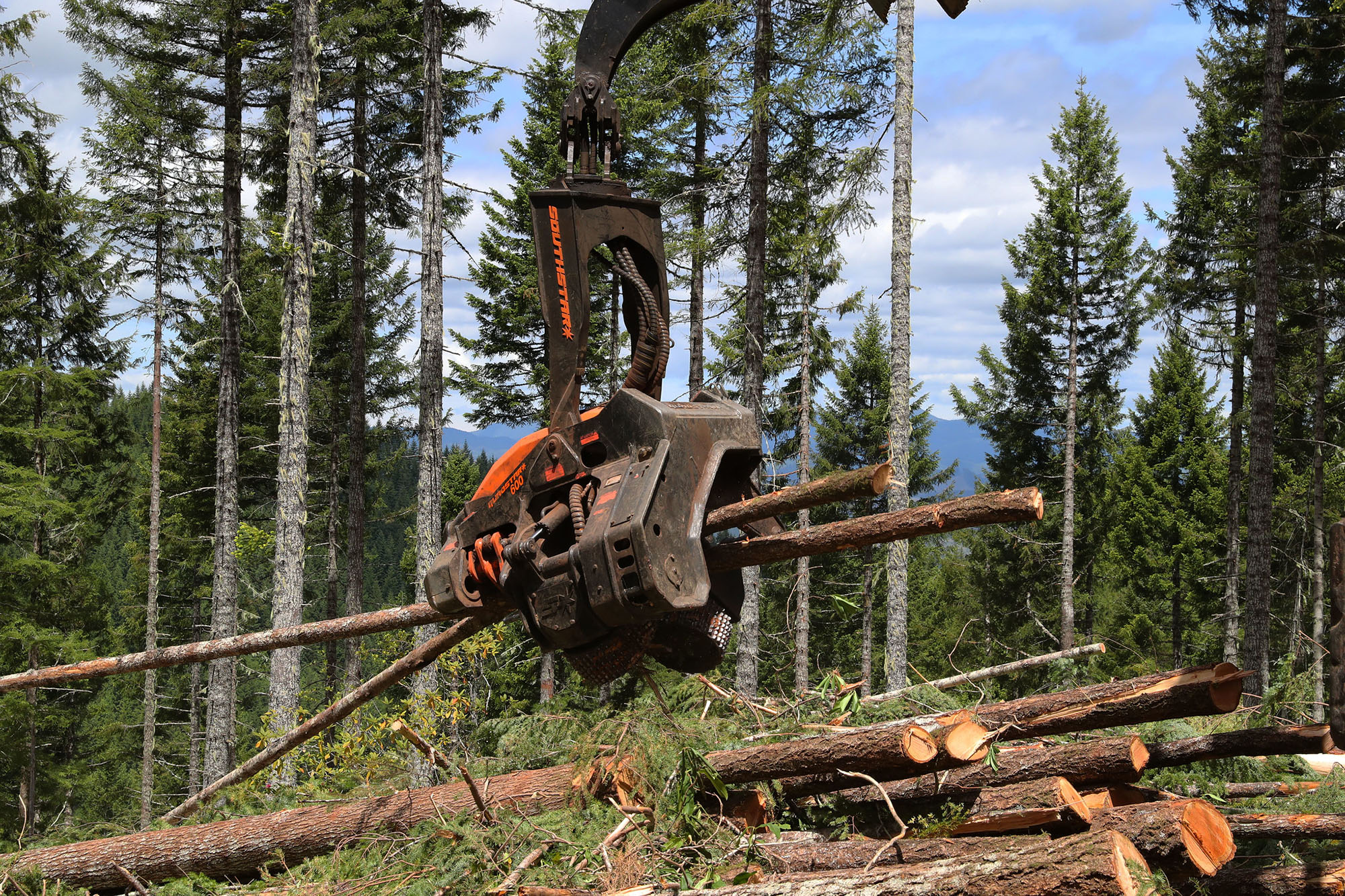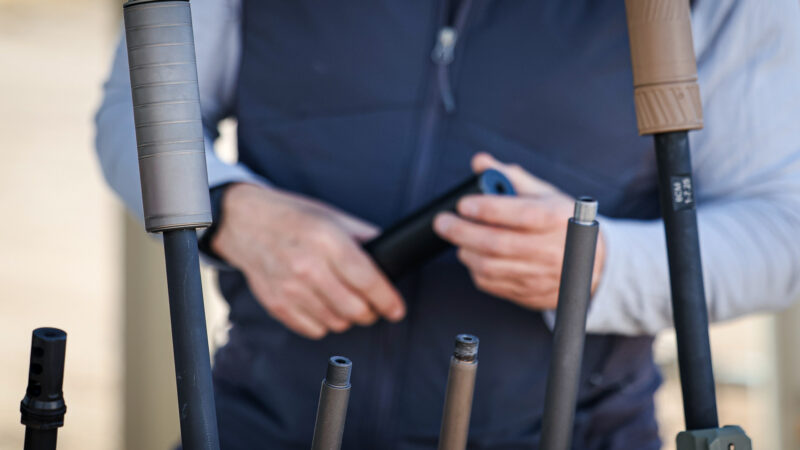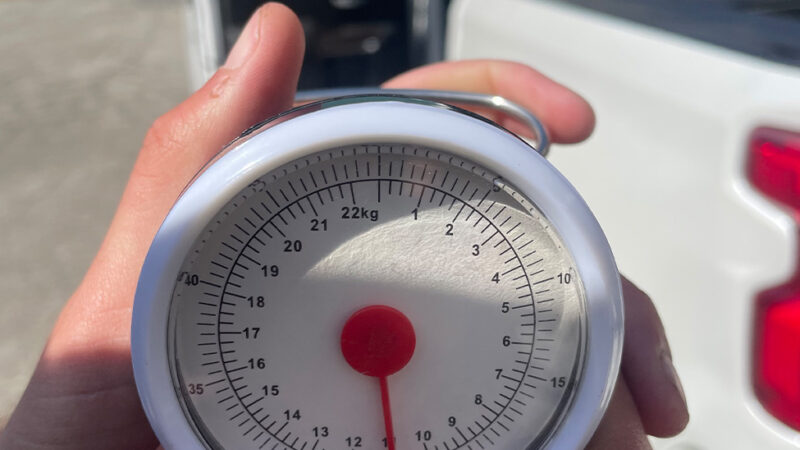While Public Land Advocates Celebrate House Bill Victory, Several Troubling Provisions Were Passed
An incendiary provision that would have required the sale of more than 500,000 acres of BLM land in Nevada and Utah was removed from the federal budget bill late Wednesday, however the legislation working its way through Congress will still reshape how Americans engage with their public land.
The mega reconciliation bill, which cleared the House of Representatives last night by a single vote, includes cuts to land-management agency budgets, acceleration of logging and mining on public land, and the requirement that nearly every acre of eligible federal land be opened to oil and gas leasing. Also remaining in the bill is a green light for mining activity near the Boundary Waters Canoe Area Wilderness, the most-visited wilderness area in the United States.
The budget package now goes to the Senate, where it’s expected to face further revisions — and further opportunities for the public to influence their senators.
Led by all House Democrats and a coalition of break-away Republicans including Rep. Ryan Zinke (R — Montana), two controversial elements were stripped from the House version of the budget bill at the last minute: a requirement to sell 547,000 acres of BLM land in Utah and Nevada, and approval of the so-called Ambler Road in Alaska. The road would provide all-season access to mining claims in the pristine Brooks Range.
While the public-land sale provision got most of the attention from the conservation community in the weeks since it was slipped in as a last-minute amendment, the Ambler Road withdrawal was cheered by Hunters & Anglers for the Brooks Range, a coalition of 65 groups that has resisted its construction for years.
“In every opportunity for public comment on the proposed Ambler Industrial Road, the hunting and fishing community has stood up and spoken out against this project that risks the wild and remote qualities of the Brooks Range,” said the Theodore Roosevelt Conservation Partnership, a member of the coalition, in a prepared statement.
Agency Cuts and Accelerated Development
The balance of the natural-resources portion of the budget bill retains many of the elements on its initial draft. They include the reinstatement of withdrawn mineral leases for metal mining in the watershed of the Boundary Waters Canoe Area Wilderness, opening vast areas of the Arctic National Wildlife Refuge to oil exploration, cuts to land-management agencies that are expected to impact visitation as early as this summer, an eye-popping expansion of coal mining and timber harvesting on public land, expedited permitting, and prohibition on protests of most natural-resources regulations.
“Selling our shared public lands to pay for tax cuts for the rich was and is an awful, un-American idea, and we appreciate Rep Zinke’s work to keep it out of the bill,” says Lydia Weiss, senior director for government relations at The Wilderness Society. “His colleagues never should have considered it in the first place.”
Weiss says that the conservation community has had a “destabilizing” week.
“On Monday this was the worst bill in environmental history,” she said. “Late Wednesday night some of the worst provisions were dropped. We are relieved, and yet this remains the worst bill in environmental history.”
Here’s a look at the most contentious elements of the bill that the Senate will consider as early as Friday.
Boundary Waters Mining

The bill would explicitly re-establish mineral leases sought by the mining company Twin Metals Minnesota, a subsidiary of the Chilean conglomerate Antofagasta PLC. The company plans to develop an underground copper, nickel, cobalt, and platinum metals mine about nine miles southeast of Ely, the gateway community to the Boundary Waters. Developers claim the project would bring more than 750 full-time jobs to the area. Critics claim it could pollute one of the last remaining pristine waterways on the continent, which attracts some 150,000 visitors every year.
Additional Development in Superior National Forest
The bill also rescinds Public Land Order 7917, which withdrew from mineral leasing 225,000 acres of the Superior National Forest in the headwaters of the Boundary Waters. The acres are expected to be available for sulfide-ore mining.
Arctic Wildlife Refuge Drilling
The bill requires four oil and gas lease sales in ANWR’s Coastal Plain over the next 10 years, mandating that no less than 400,000 acres be offered in each sale, and that sales be conducted in each odd year for the next decade. The bill further reissues canceled oil leases by accepting the highest bid valid from the January 2021 lease sale. All previous environmental analyses regarding oil development on Alaska’s Coastal Plain are to be rescinded within 90 days of the bill’s passage.
Onshore Oil and Gas Leasing
The bill mandates quarterly lease sales in Wyoming, New Mexico, Colorado, Utah, Montana, North Dakota, Oklahoma, Nevada, and Alaska, but the budget act also mandates lease sales in “any state where there is land available for oil and gas leasing under the Mineral Leasing Act of 1920.” This includes federal land adjacent to national parks and monuments.
Agency Cuts
In addition to cuts mandated by the Department of Government Efficiency and reduced annual budgets for federal land-management agencies, the bill eliminates all remaining Inflation Reduction Act funding for the National Parks Service, including an estimated $267 million for critical park staffing needs. The National Parks Conservation Association estimates work-force reductions of 33 percent since 2010, including 13 percent this year.
Mandated Logging

The bill requires a 25 percent increase in timber harvest over 2024 levels on both Forest Service and BLM lands, and apparently circumvents the 2001 Roadless Rule by allowing logging to occur in some Inventoried Roadless Areas.
Elimination of Protests
While frivolous lawsuits have delayed and stopped many public-lands developments, the bill doubles down on eliminating public appeals. It would revise the National Environmental Policy Act to allow private project sponsors to pay an optional fee of 125 percent of the estimated cost of a NEPA analysis for expedited review. Decisions in this opt-in arrangement would be immune from judicial review. Most leasing provisions in the bill have a rider that makes those projects immune from litigation.
Next Stop: The Senate
The House version of what’s called the One Big Beautiful Bill Act has been transmitted to the Senate. It’s unclear whether the Senate will simply ratify the House version or decide to write its own budget bill. If the latter, then the entire bill drafting process will begin in respective Senate committees.
The portions of the budget that deal with public-land management, oil and gas and mineral development, and logging will go to the Senate Energy and Natural Resources Committee. That committee, like its counterpart in the House, has been charged with finding $1 billion in either savings or revenue to contribute to the overall budget.
“The House Natural Resources Committee over-performed and raised, through their policy recommendations, close to $14 billion,” observes Weiss. “It’s possible the Senate committee could try to match that or stick closer to their $1 billion contribution. All those details still have to be worked out.”
Read Next: House Passes Bill That Would Deregulate Suppressors, Eliminate the $200 Tax Stamp
For hunters, anglers, outdoor recreators, and other folks whose protests to the land sales caused that provision to be dropped may need to ready themselves for another campaign, depending on the budget’s path through the Senate.
“We are very hopeful that the Senate reads the room,” says Weiss. “Selling off our public lands cannot pass in the House. The more the American people learn about what the House just passed, the more certain we are that the Senate will not follow suit.”
The post While Public Land Advocates Celebrate House Bill Victory, Several Troubling Provisions Were Passed appeared first on Outdoor Life.
Source: https://www.outdoorlife.com/conservation/conservation-public-land-house-budget-bill/





